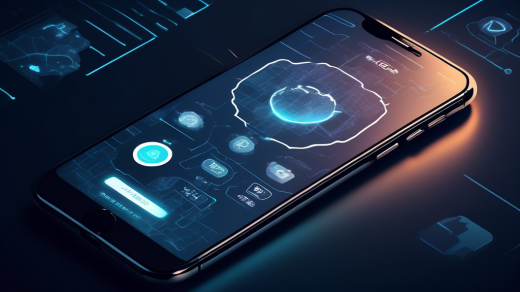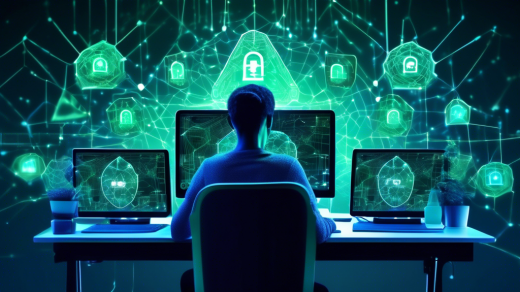Due to headlines of data spying and alleged observation by governments and organizations, the topic of anonymous surfing is more topical than ever before.
The German Basic Data Protection Ordinance (DSVGO) has also been the subject of much discussion in recent weeks. In this context, many media are once again becoming aware of the subject of VPN. At one point they say you should use VPN to protect yourself.
Recently, however, there have been articles that claim the exact opposite: VPN is just a myth. But what is really true about it?
The topic of anonymous surfing has passed several stages in terms of public interest. A few years ago, only hackers and computer enthusiasts used VPNs. Due to numerous warnings in Germany (keyword music downloads, torrent software), ordinary computer users have also become increasingly interested in VPN. Shortly afterwards, the topic of data protection and privacy flared up. This has brought many new VPN providers to the market. A list of reputable VPN providers for your iphone can be found here: http://www.iphonevpn.net/. Depending on your needs a Smart DNS provider might be the better choice: SmartDNScomparison.com.
Security of VPN tools
To claim that VPN tools are not secure and would not provide sufficient protection is not cor rect. It is just as wrong to claim that VPNs offer 100% protection against all kinds of spying. The question is, what security can you really expect from VPN providers?
rect. It is just as wrong to claim that VPNs offer 100% protection against all kinds of spying. The question is, what security can you really expect from VPN providers?
- A first study shows that most of these articles on the web have been written via VPNs by people who are not VPN experts, let alone have expertise in the field of information technology.
- These articles should be used with caution. Recommended and confident sources include magazines such as c’t (heise Verlag), or notes from the Chaos Computer Club.
- Both sources have so far commented positively on VPNs. One should be very sceptical about the contributions of the websites Golden Frog, Spotflux-Blog, Computer Fraud and Spideroak. Here, the so-called VPN lie and the VPN myth are reported without weighing up or looking at the topic from different angles.
Dubious VPN providers
First of all, it should be noted that there are a lot of VPN providers. Among them are dubious vendors who ride the trend and offer insufficiently mature VPN software. There are also providers who disguise themselves as VPN tools, but these are viruses and Trojans – special caution is required here: above all, one should keep one’s hands off advertised free VPN tools.
Which data do VPN providers collect?
Since V PN providers charge money for their VPN service, they store payment data of the user, such as the Paypal e-mail, credit card numbers or bank data. The VPN servers, on the other hand, are anonymous. This means that in the event of a traceability, an authority or organisation would only know that it is using VPN services. However, the data traffic, i.e. the transmitted data, cannot be traced. This ensures anonymity in the data flow.
PN providers charge money for their VPN service, they store payment data of the user, such as the Paypal e-mail, credit card numbers or bank data. The VPN servers, on the other hand, are anonymous. This means that in the event of a traceability, an authority or organisation would only know that it is using VPN services. However, the data traffic, i.e. the transmitted data, cannot be traced. This ensures anonymity in the data flow.
However, we cannot confirm that allegedly the VPN providers create log files and also monitor the data traffic, at least not from the tested providers. The contributions circulating so far as a rumour could not go beyond pure speculation and assertion. So far, no case has come to light in which a user has been dismissed despite the use of VPNs. It is therefore clear that even when using torrent software and downloading illegal data (e.g. pirate copies), it is basically impossible for the authorities to trace the data and the IP of users. In many forums there are reports of warnings – but it turns out that the VPN connection failed in this case. Here too, the providers have already reacted and installed so-called kill switches – the Internet connection is interrupted if a VPN server fails (for example with NordVPN).



